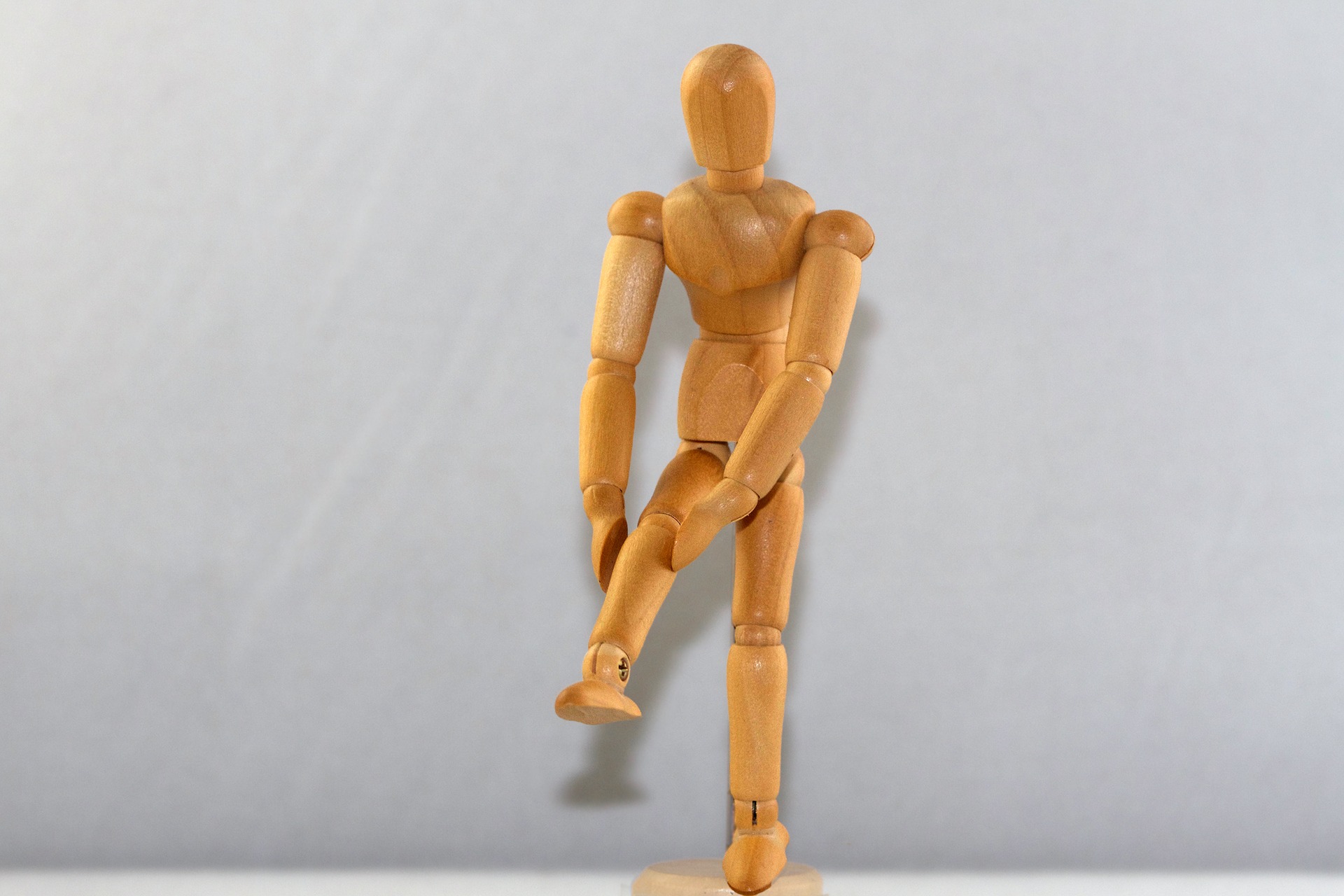I had an appointment with my endocrinologist today, and I was delighted to learn that my hormone levels are now back to normal!
I had been referred to the endocrinologist a couple of years ago by my oncologist when it was noted that my Testosterone levels were quite low, and I also had noticeable Gynecomastia (enlarged breasts in men).
Subsequent blood tests confirmed that my Testosterone levels were low and my Prolactin levels were high.
Hormone treatment
I had a scan done on my pituitary gland (a part of the brain which produces hormones) to check for problems, and thankfully that was fine.
I was put on medication to lower the Prolactin levels, and was then proscribed a Testosterone gel (Testogel) to apply to my skin every day. And both of these medications helped normalise my hormone levels.
However, following my bariatric surgery 10 months ago, the consultant was keen to find out if I still needed the medication – so we agreed that I would come off the meds about 3 months ago.
Anyway, so my bloods were tested last week, and the results show that both my Prolactin and Testosterone levels are now normal, which is being attributed to the 40 kg weight loss following my gastric bypass.
So naturally, I’m delighted that the hormone imbalance has corrected itself. It’s one fewer health concern to worry about, and it’s also one fewer consultant to visit!
Gynecomastia treatment
One of the known side effect in men of having high Prolactin levels is breast enlargement. However, having bigger breasts is also a side effect of being obese, so I’m not sure if my man-boobs (or ‘moobs’) are to do with my weight or the previous Prolactin levels (it may be both).
Either way, I was checking up on the treatment options for men with Gynecomastia. Basically the only effective treatment is to have liposuction, as most of the tissue in the breast is fat.
It’s classed as a cosmetic surgery, which is generally not covered by private health insurance – unless a medical case can be made for treating it.
Either way, I don’t think I’d qualify for the surgery at my current weight. I read somewhere that patients are meant to have a BMI under 25 before they are considered for Gynecomastia surgery – I’m guessing on the basis that losing weight will most likely reduce the man-boob size without surgery.







Leave a Comment